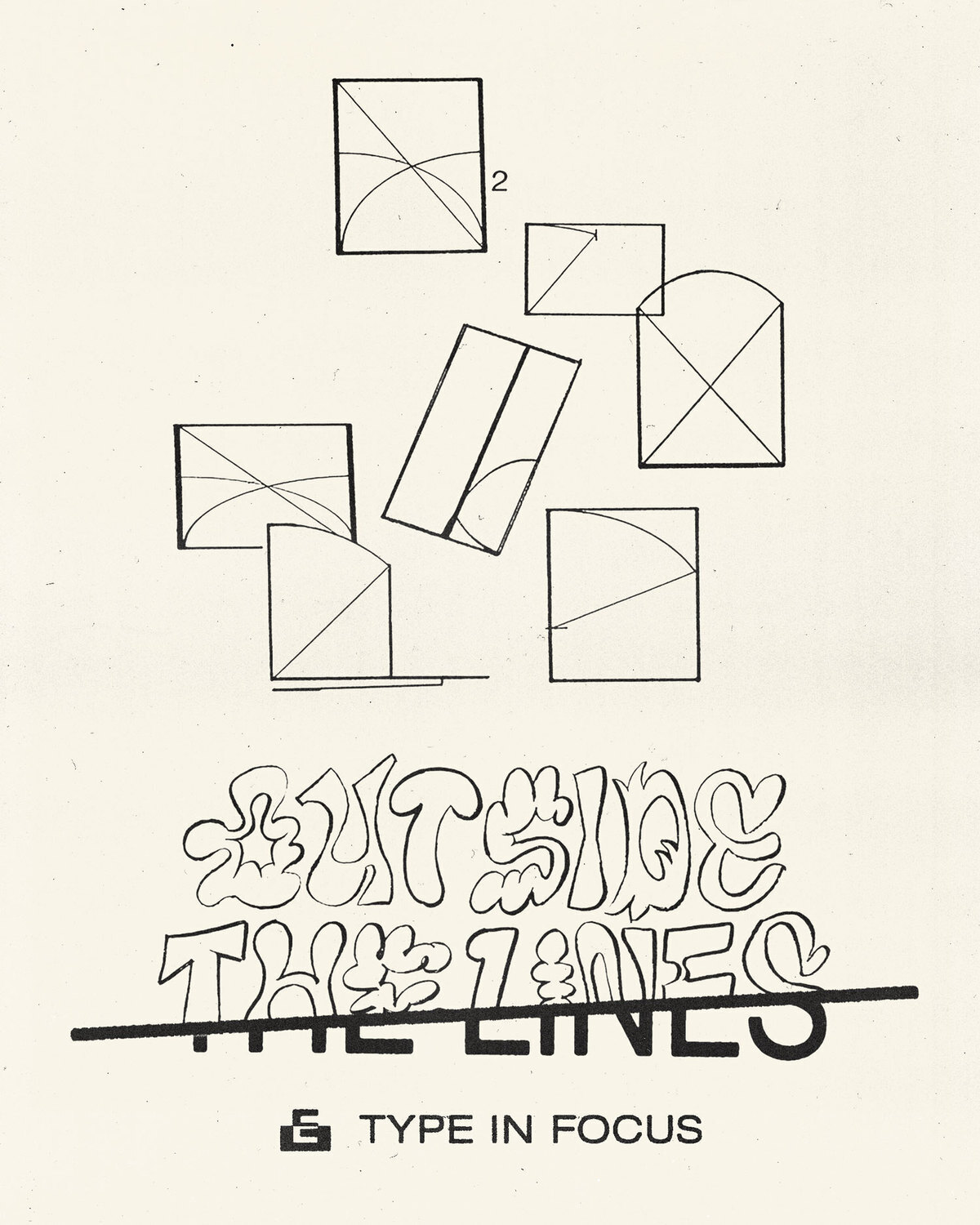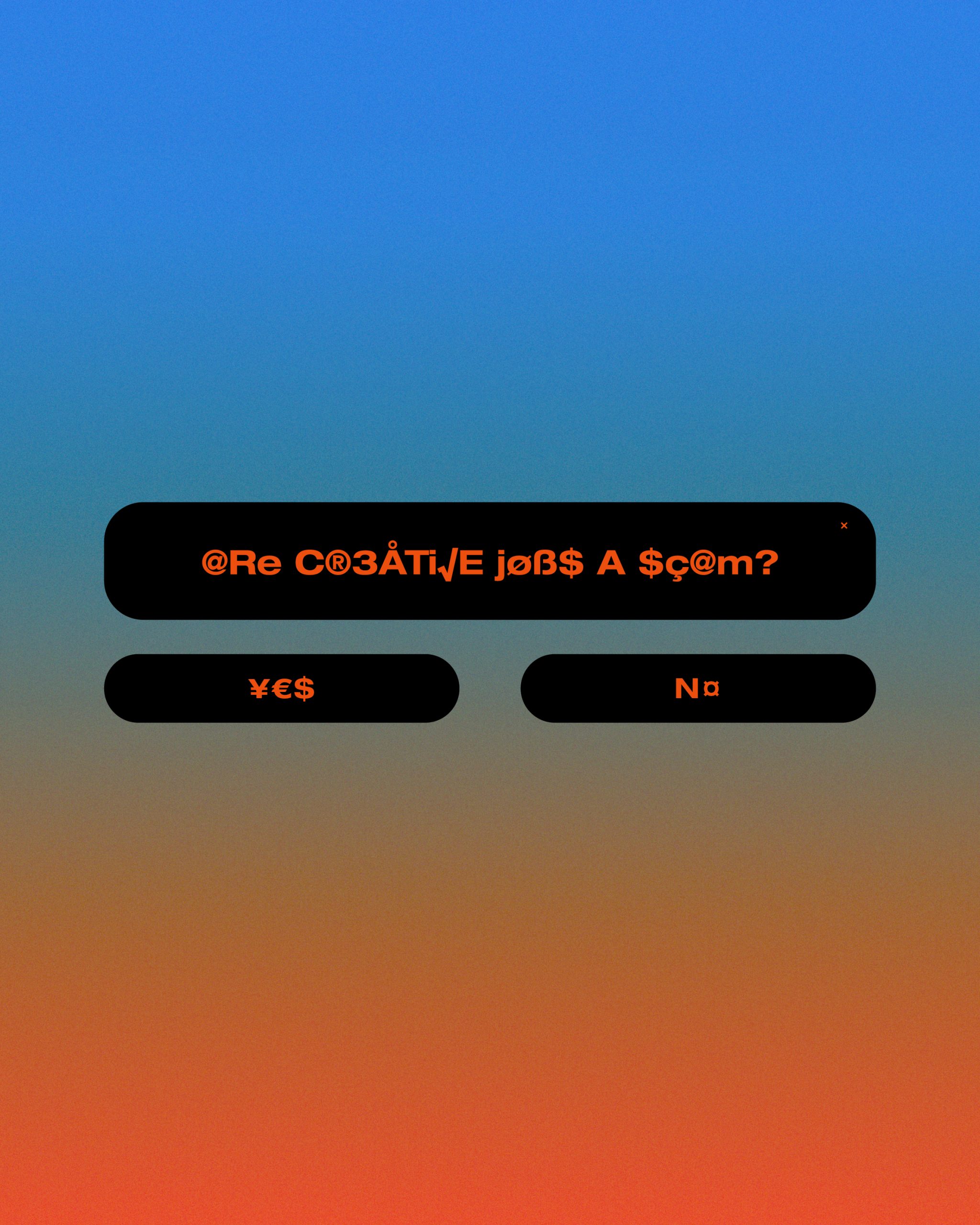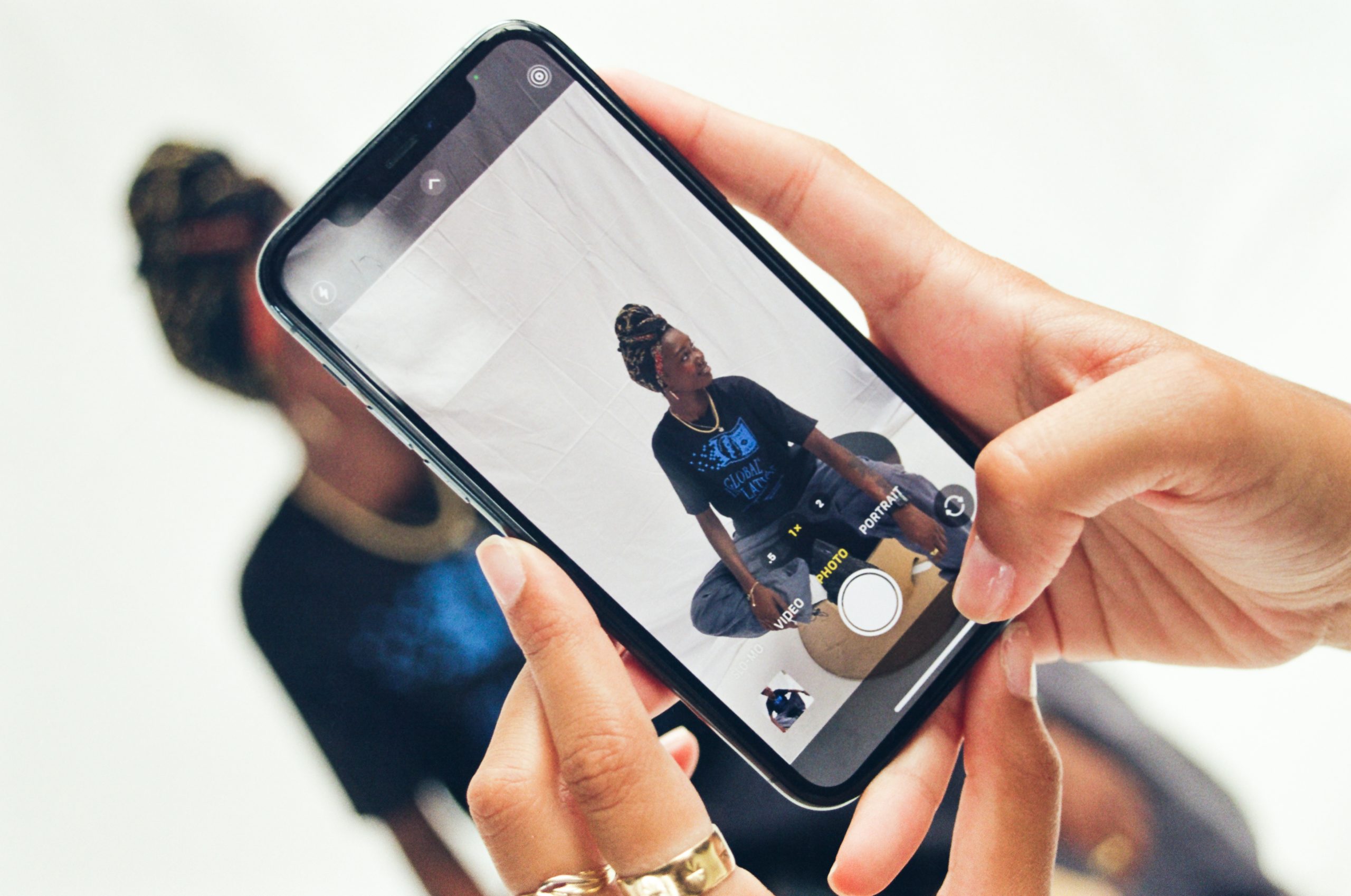Your artist bio says you ‘ventured into photography’ in 2019, but your photographs are so confident, and speak to an already very developed eye. Is photography something you had always been interested in, even informally?
I was always drawn to photography as a medium, I was gifted a camera quite early and it was always a prominent item in my day-to-day life. After high school, I was quite confused about what to study, and took a few videography and photography workshops. But it was only in 2019 that my passion for it solidified and it became a huge part of my life, whether personal when documenting friends or professional when I started shooting for UNTY Designs, an Egyptian streetwear brand.
I was always drawn to photography as a medium
When did you first realise the significance of visual art more broadly?
My friends and I somehow communicated through visual art, be it by writing, videos, dance or documentation. Until all of it amounted to us changing and growing so much. Everything we struggle with and talk for hours about, felt so universally understood once put into some form of expression. And I think this is the driving force for my projects, and especially one like “Sister, Oh Sister” which is honestly an ode to this feeling of belonging to a community of empowering women.
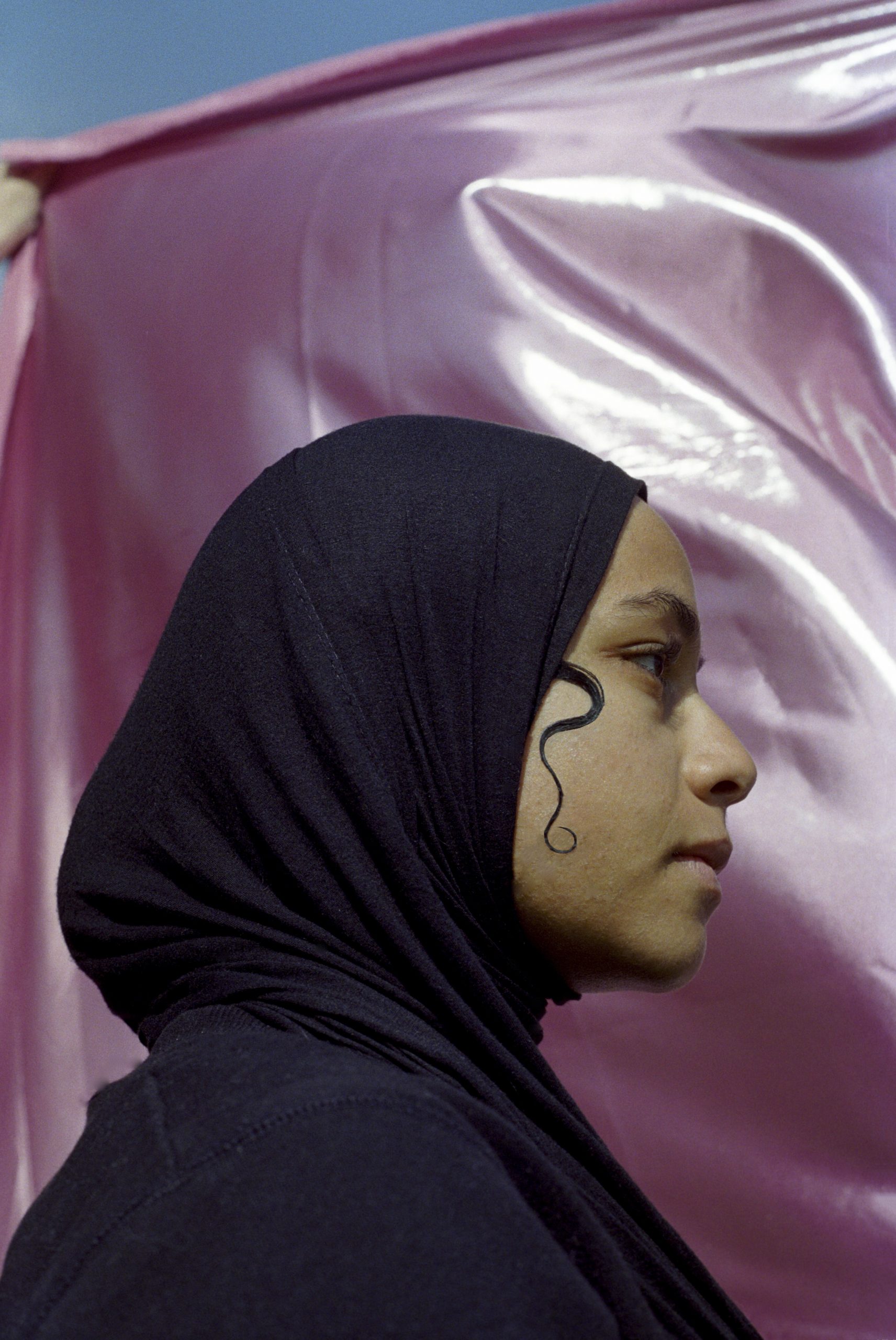
Speaking to Azeema Mag on your “Sister, Oh Sister” series, you said, “Being a woman in Cairo is to be in constant revolt.” Can you talk a little on how Cairo has shaped your work?
The thing about Cairo is that you cannot separate who you are as a person and who you are as a woman, they are constantly intertwined. It’s difficult in the sense that you’re always defined, mostly limited, by your gender. Since my work strives to be personal and introspective, Cairo is the elephant in the room, everything goes back to my upbringing and the experiences I have in the city in daily mundane life. The thing is, it’s never mundane nor ordinary, Cairo always surprises me, and no matter all the defence mechanisms I’ve built around it, the city finds a way to get to me.
Cairo is the elephant in the room
As well as growing up in Cairo, you’ve studied in Paris, Boston and now study and live in Berlin. How do you think life in these other cities helped you develop as an artist?
I think what these cities provided for me is space to process my experiences in Cairo. When you live there, you’re desensitised for the most part, everything feels normal. And whenever I moved abroad, I always got the urge to create work about my journey, I no longer felt numb or the need to suppress my feelings, especially that most of the time, the words for the latter are lost in translation so visualising and conceptualising has been a therapeutic way to express myself.
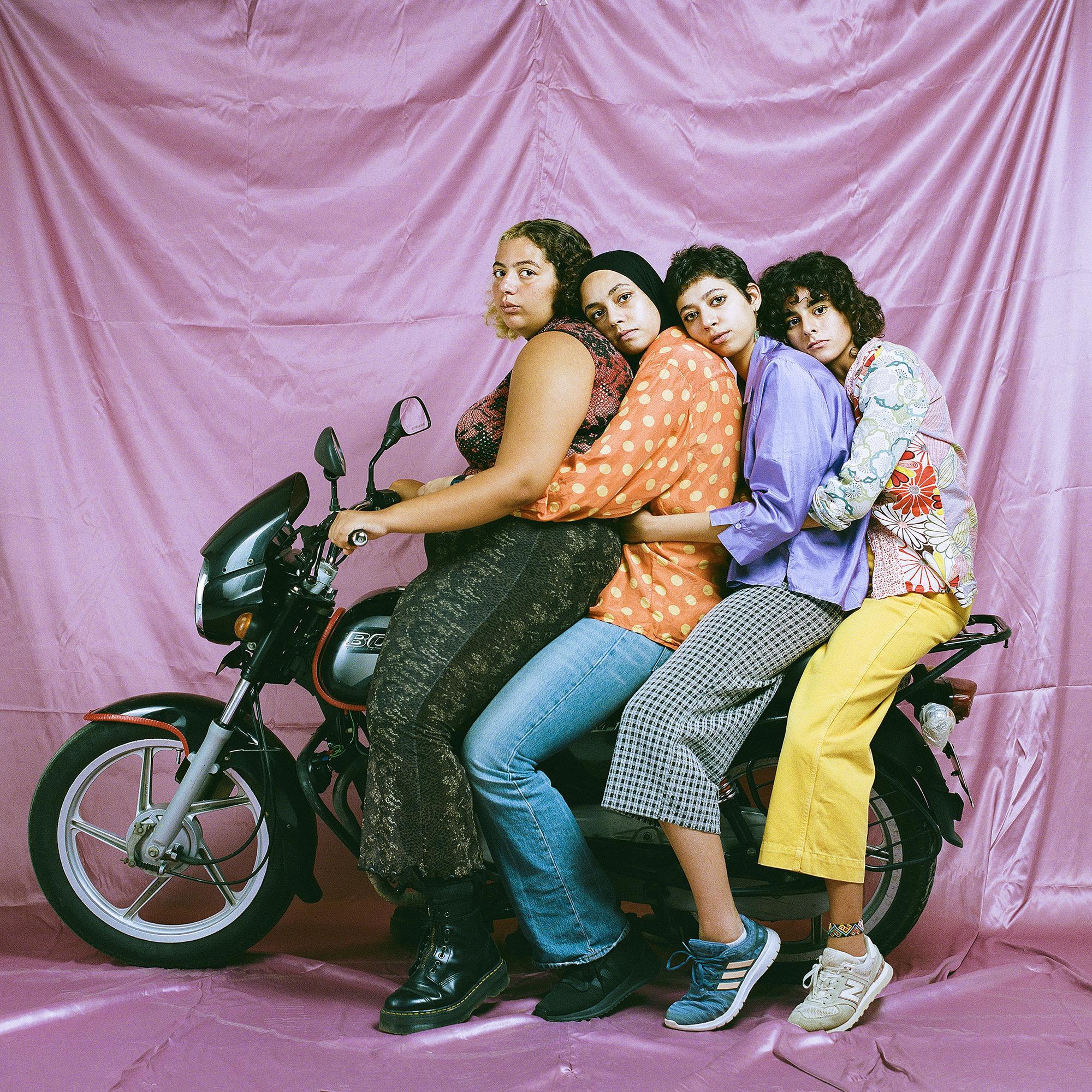
Your work often questions or destabilises stereotypes (including your ‘Good Lil Muslim Girl’ T-shirts), especially stereotypes around women. Why do you think photography is a good medium to play with ideas around identity?
Photography is crucial because it provides representation. Lacking representation is what made me invalidate my feelings for quite long, or pushed me to squeeze my identity in the tiniest of boxes. True, authentic stories need to be told, loudly, and I think photography is a great way not only to achieve that, but also a brilliant way to reach a maximum number of people in a time where image-based platforms peak, are accessible to everyone, and aren’t reserved for people with mutual interests or artistic endeavours.
Taking a stance is political
Do you consider your work to be political?
To me, they are one. Even when I create a concept that is furthest away from politics, just by the sheer fact that it is relating to my identity as a woman in Cairo, I already feel that I’m fighting or risking something to speak my thoughts into existence. Taking a stance is political, and I’d like to believe that’s how my work resonates.
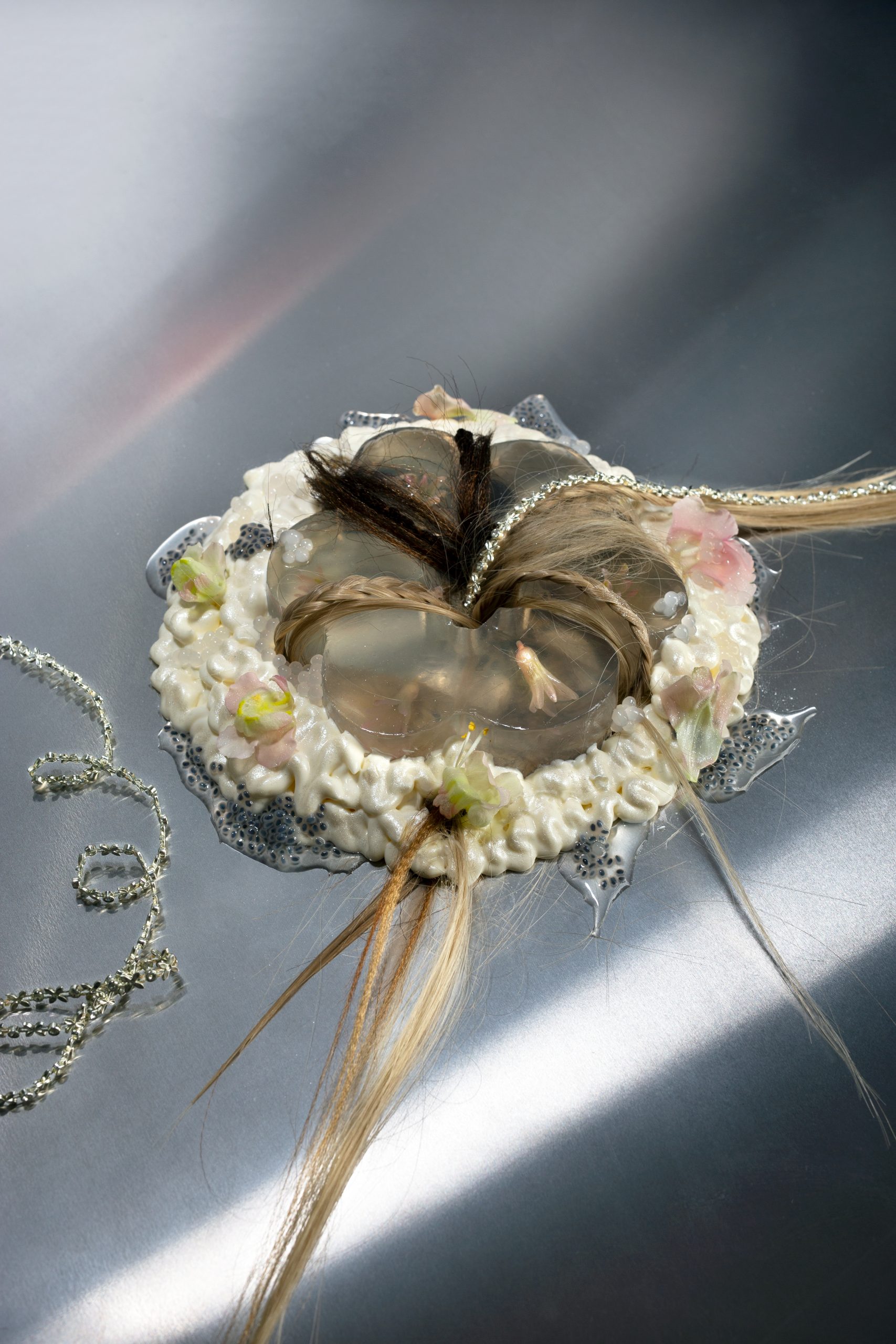
Are you guided by strong urges to finish every project you start?
I have to admit that the hardest thing for me is to start a project. I feel that my mind, asleep and awake, is always working. Thoughts run through, a few stay, and the most challenging thing is for me to take the thought seriously and to deem it interesting enough as the seed of a potential project.
The hardest thing for me is to start a project
For example, in “Sister, Oh sister”, the praying costume made out of hair from head to toe, was just a complete joke in my mind one day as I was about to pray but also wanted to experiment with doing a mohawk, I asked myself “how would I veil to pray if I have a mohawk, would I make a slit at the top of my head?” and I had a big laugh with myself. Somehow it became a whole series!
Finishing projects is also a big challenge for me. I get excited and obsessive, which makes it difficult to stick with and develop a concept until I’m truly satisfied, especially in the long-term.
What’s on the horizon for you?
Funnily, I’m now finalising a project I’ve been working on for about two years on-and-off. “Garden of Cairo” (@gardenofcairo), commissioned by Beyn collective, is an alternative Garden of Eden made out of anonymously submitted locations in Cairo where people imagine sexual fantasies. The photography series will be exhibited in Cairo this month!
Read More: Surveillance In Cyberspace With Vitoria Crib




